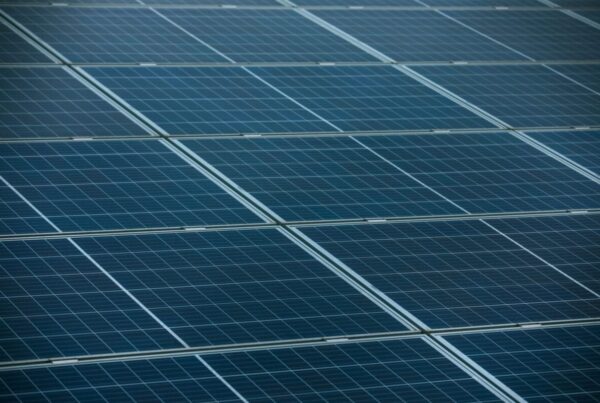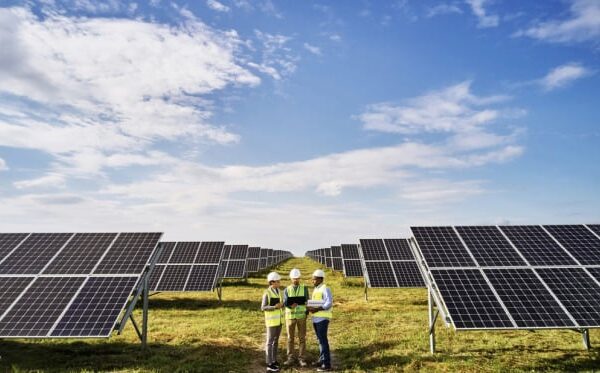
The EU energy ministers on Tuesday evening reached an agreement on the electricity market reform, meaning the EU Council can now start negotiations with the European Parliament on the final form of the legislation.
The reform is intended to reduce the dependence of electricity prices on volatile fossil fuel prices, protect consumers from price spikes, accelerate renewables deployment and improve consumer protection.
The Council agreed that member states would facilitate the market for power purchase agreements (PPAs) and that two-way contracts for difference (CfDs) would be the mandatory model used when public funding is involved in long-term contracts.
The rules for two-way CfDs would become effective after a transition period to preserve legal certainty for ongoing projects, according to the Council’s statement. This type of contracts would apply to investments in new electricity producing facilities based on wind, solar, geothermal energy, hydropower without reservoir and nuclear energy.
Industry organisation SolarPower Europe welcomed the agreement, while saying that there’s room for improvement as the deal goes through negotiations.
“Ministers made a big step yesterday; this deal brings us that much closer to a final text. A rapid conclusion of the file is absolutely necessary to deliver legal certainty to invest in new renewables, and reach our climate and energy targets,” said SolarPower Europe policy advisor Arthur Daemers.
At the same time, he voiced concerns that “[t]he text prolongs the status quo on market caps, leaving room for a Frankenstein-like patchwork of national measures” and that the Council’s position on capacity renumeration mechanisms “gives a free pass to coal power plants.”
SolarPower Europe is also pleased with the Council’s compromise on CfD. “Under this wording, project developers will not be forced into a CfD applied retroactively on an existing plant. The final text must make it very clear that CfDs must remain voluntary, competitive, and apply only to new investments,” said Daemers.
Choose your newsletter by Renewables Now. Join for free!






